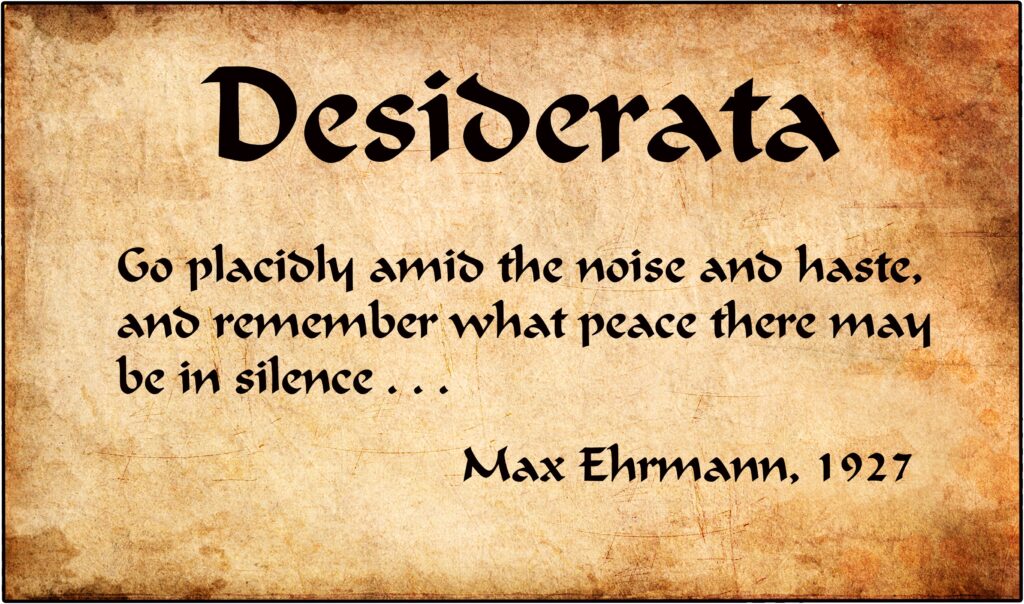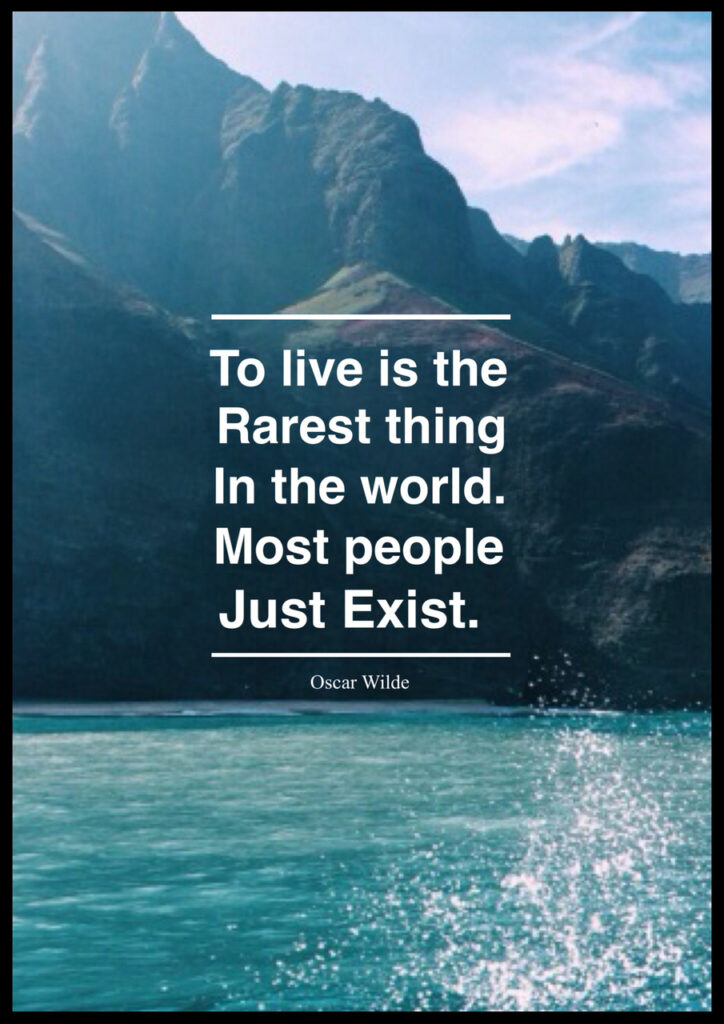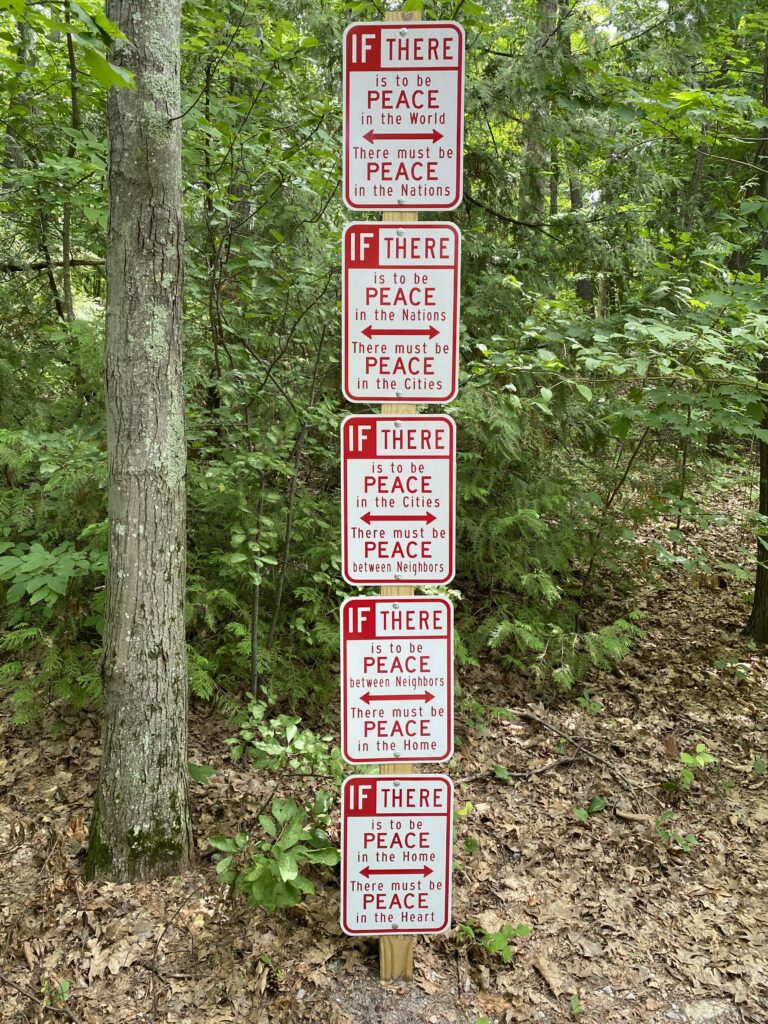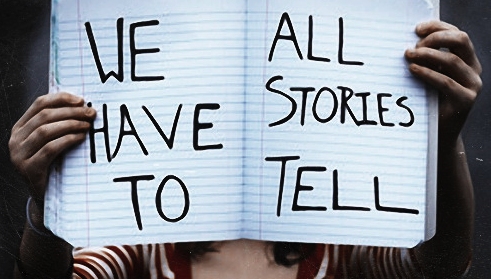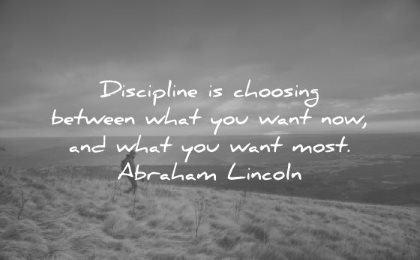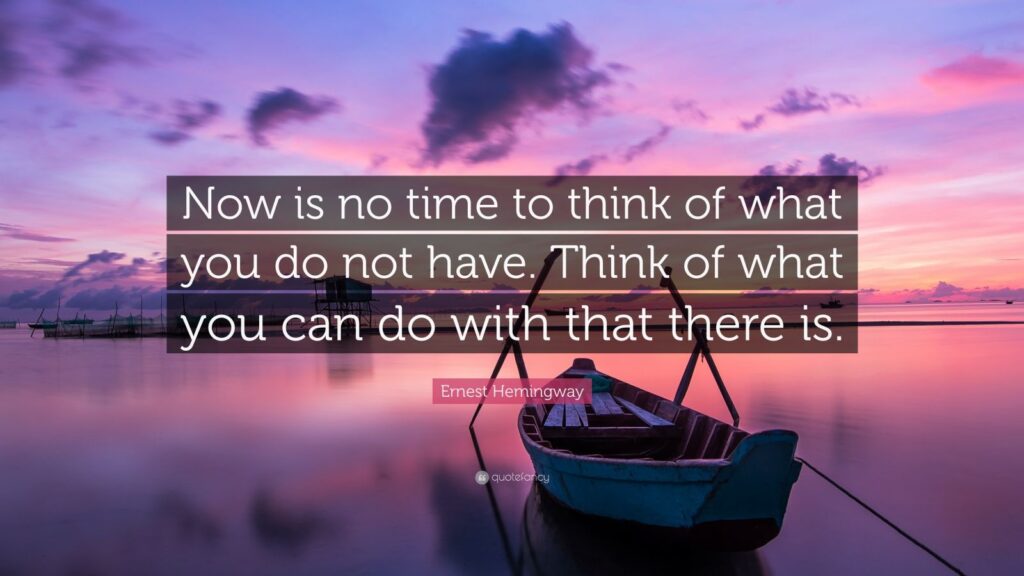Friends, I wanted to share something because I experienced a loss this weekend. One of our long-term team members passed away who had left a lasting impact on me and to those she worked with for many decades. Our encounters meant so much and I learned from her. Louise was unorthodox in how she approached people and yet she was incredibly endearing. Our first meeting was so powerful, I captured it and shared it in my new book, HR Rising !!
So, please forgive me for sharing this excerpt. It isn’t meant to bring attention to my book at all. It’s a way to say “Thank You” and “Good-bye” to Louise. We can all learn from the Louise’s in our life !!
Chapter 15: Grace
Have you ever made a mistake at work? Have you ever talked poorly about someone else you work with, or that you know, without that person knowing about it? Have you ever disappointed someone else because you didn’t follow through on what you said you’d do? Have you ever said something that you thought was harmless, but it hurt someone deeply?
The answer for me is a resounding “Yes” to all the questions listed above. I’m not proud of that, but it’s a reality. I’m human. I’m sure to fall and fail others. Hopefully it’s not intentional, but it could be. I can fill this entire book with more questions that show how people fall short of positive or ideal behavior.
The challenge in today’s workplace, and in society overall, is that when we fail each other there is no room for grace. We demand an instant response along with a staunch stance to be taken with little room for any other position. We usually want others to hear our opinion, and we make arguments for others to come to our side. During this type of reaction, we completely run over our humanity.
Now, please understand that I’m talking about when someone makes a mistake and is insensitive or thoughtless about others and their feelings or diverse viewpoint. I’m not talking about overt actions and misconduct. That is a much deeper, and more concerning, level, and poor behavior should always be addressed. Even then though, I would offer that you should allow grace when entering these difficult situations.
As HR professionals, we are surrounded by people daily. (At least I hope you are !!) People are messy and will fail each other. It’s unavoidable. When it occurs, we have a choice to either rely on a system of unrealistic policies and procedures as a list of do’s and don’ts, or we can be humans ourselves.
We struggle with this because of the continued need for “accountability.” This is one of the most misinterpreted terms in organizations. Accountability should be defined as following through on what you commit to doing. However, more often than not, we misconstrue this term by alluding to the fact that accountability equals punishment. When it comes to situations involving employees, we often forget to breathe first. We jump to the nearest set of policies and comb through them to see what level of discipline needs to be metered out. It amazes me as an HR person that when employees slip up, the reaction is usually swift, harsh, and doesn’t really take anything else into consideration.
Our systems of progressive discipline and layers of breaking Rule 1.0.1, Subsection A, litter our field with little regard of how these actions affect the person who broke said rule. We act as if they are the most disloyal, uncaring, and detrimental person who ever worked for the company.
Here’s a question for you . . . Have you ever made a mistake or broken a rule at work?
Did the appropriate action take place? Were you written up, counseled, suspended, or fired? What if you were in this situation? How should the company treat you?
When I began working in the restaurant industry, I was disappointed by many of my HR peers. Instead of being geeked that I had found a new role, they piled on concern after concern that I wouldn’t enjoy this new environment because restaurant employees and cultures made it difficult to do good HR. That was their opinion at least. Please note that few of these folks have ever worked in the restaurant industry, but that didn’t stop them from sharing their opinions on the inevitable turnover present in hospitality jobs, the challenge of having a workforce that predominantly works part-time schedules on ever changing shifts, and the idea I’d be spending most of my time disciplining and terminating people. Astounding, simply astounding. Each facet of what they thought HR would be like in restaurants was either negative or daunting.
I didn’t have any preconceived notions about working in restaurants. I looked at my new HR gig as a chance to work with a whole new batch of humans. When I took on this role, HR didn’t have a good reputation internally either in the office or in our pizzerias. This was primarily because of the approach of my predecessor. They did a great job of establishing HR systems that hadn’t existed in the past, but the company needed structure on the people side of the business. The difference that I brought to the mix was that I didn’t believe HR needed to be practiced in a traditional manner which focused more on compliance than relationships.
Compliance needs to be respected because of the myriad of laws and regulations that cover and protect the workers, the workplace, and the company as a whole. Most situations and issues involving compliance are common sense. Also, you can be far more compliant when you have relationships with people because you can talk about the situation and the behavior they’re exhibiting. Then you can give folks context around rules and systems. This is far more effective than ensuring people “stay in line.”
Before I joined the company, HR typically showed up in the pizzeria when something needed to be “addressed.” We rarely went out to visit just to see how people were doing. There had to be some sort of agenda item and purpose. The entire approach was task-oriented and transactional. Any visit was short, concise, and involved the least amount of conversation and personal interactions possible. This led the team members in the pizzerias to be apprehensive any time a person from HR appeared. Sound familiar?
I am not wired that way. I am probably far more conversational and relationship-focused than the average human. This is how I’m naturally wired. After my first few months being tied to my office and desk, I decided to venture out and visit our locations. Every time I entered a restaurant, I would get distrustful looks combined with a murmur of mumbling wondering why HR had come to visit. Who was in trouble? Who was getting fired? This barrier presented itself right as I hit the door, but I didn’t get discouraged. In fact, it fueled my desire even more to break through the wall of negativity about HR.
There was one visit that helped me recalibrate team member interactions that I will always remember.
I was walking through the kitchen of one of our high-volume pizzerias when I saw a piece of paper mounted on one of the prep tables. It was at eye level, and you could tell it had been posted there to make sure the message was visible to every single employee. I had seen notes posted before, and I didn’t care for them because they were usually a negative message. I felt that it showed that managers weren’t talking to their staff. They were just dictating something that wasn’t being performed or attended to. This note, however, was something I had never encountered before. It read:
“Look you motherf*#%ers, You need to put your f*#%ing glasses in the dishwashing area. If you bastards don’t start doing this, you will be f*#%ing fired. The Management.”
To say I was stunned would be an understatement. At first, I wasn’t sure how to respond to what I just read. The first thing I did was look around at the other team members moving back and forth in the kitchen. No one seemed to be shocked, offended, or surprised by this mandate laced with creative language. It was fascinating!!
Before I tell you how I did respond, let me take a break to share how I assume many HR pros would have reacted . . .
The first response would be feigned offense, indignation, and disbelief. How could anyone allow this to be posted in the work environment? What were the managers thinking? The next step would be to tear the posting down in disgust with a tinge of embarrassment. Then, it was time to find out who was responsible for this obvious policy violation and hold them “accountable.” This surely would result in some discipline. It could even mean a suspension with a good chiding, or even a termination. There wouldn’t be joy in doing this, but the emotion of how awful this message from management was would have to be immediately dealt with and addressed. Heads would roll. An example would have to be made that this would never be tolerated ever again. Cue scary music in the background as the HR pro glares at the crumpled posting in their shaking hand.
Now let me share what really happened . . .
I carefully took the paper down and found the GM who happened to be working the shift. I calmly asked, “Having problems with team members and glasses?”
Their head dropped below their shoulders. “I didn’t write that note. It was Louise.” That didn’t register with me because I didn’t know who Louise was. “Is she a manager here?” I asked. “No, well, it’s hard to describe,” they stammered.
The GM went on to let me know that Louise was a long-term team member who came in very early in the morning to clean and get the store ready to be open every week day. She had her own crew, but she wasn’t officially a manager. She had been such a regular part of the store that she had seen managers come and go while she remained. I appreciated the background and asked if she was still at work. “Yes,” they sheepishly replied. “She’s right over there.”
In the back of the kitchen stood an older, slender woman with an apron on. She was busily working, and the other team members seemed to enjoy being around her. I went up to her and introduced myself.
“Louise?” I asked, noticing I towered over her. I’m fairly tall, and she was not.
“Yep. Who are you? I’ve never seen you here before,” she stated.
“I’m Steve,” I replied.
“Uh huh. You from the office?” she wondered.
“Yes I am. I’m the new human resources director. Can I ask you about this note?” and I pulled out the instructions about how used glassware was to be properly placed.
“Oh yeah, I wrote that,” she willingly admitted.
“Okay. Well, did you need to cuss when you wrote this? That’s a pretty harsh way to describe our team members,” I explained.
“Have you met some of them yet?” she calmly responded.
I laughed out loud. I know that may not have been the “proper” response from the HR 101 Operation Manual, but she caught me off guard, and it was funny.
“No ma’am. I haven’t met many team members yet,” I said.
She smiled back at me and said, “I suppose you don’t want me to post my notes.”
I wanted to make sure I had a good response for her. “I guess you’re frustrated with others here. Would that be safe to say?”
“You’re damn right I am. These kids don’t have any work ethic. I come in here every f*#%ing day and pick up after them. Lazy f*#%ers. The whole bunch of them,” she stated without batting an eye. It didn’t matter that I was in human resources or from the corporate office.
She kept on going, but I stopped her and said, “Louise, I understand you’re frustrated, but do you have to cuss when you’re talking about others?”
“I don’t f*#%ing cuss honey. I’m just talking,” and she meant it. She didn’t even notice that she was swearing. Did I mention that Louise was in her early 70’s during this encounter with me? I know that doesn’t excuse coarse language, but it didn’t really upset me. I had been around employees who swore during work for years. Many times, I joined in just so we could converse.
“Well Louise, I’m going to take down this note. I tell you what. I’ll come visit you on a regular basis and you can share any frustrations you have with me, and we’ll take a look at things. How does that sound?” I wasn’t sure of the response I was going to get.
“I’d like that.” She smiled again. “Nice to meet you.”
I didn’t write her up or discipline her. I crumpled up the sign and threw it out in a waste basket sitting next to us. I then left and went about my day, and so did she. The GM was watching our conversation the whole time. I’m sure they were curious to see how I was going to respond. We went to a part of the restaurant where we could talk, and she told me Louise’s history. “She doesn’t even know she’s cussing, and the other team members love her. She loves them too. My restaurant is better with her in it. That’s a fact.”
I kept my commitment and visited Louise often. We grew very close, and she never stopped swearing. I learned about her family and how she had grown up with our founder’s wife as a childhood friend. She was endearing just as the GM had told me.
I chose to respond with a tool that has worked for me my entire HR career when I found myself in these awkward circumstances. This is a very effective tool that is available for every person throughout your organization.
Grace.
This may be foreign to you, and I can almost guarantee that it’s foreign to how employees have been approached in the past. We don’t feel that we have the latitude in our roles to show grace to others when they mess up. I just don’t think it’s true. We can take ownership of how we approach others with our own personal style.
I know that when others have shown me grace when I’ve stumbled, I’ve been thankful. It allowed both of us to breathe, calm down, and look at the situation in a fresh and open way.
Often, it led to a productive outcome and a stronger relationship. Trust me when I say that allowing grace in our interactions with others will result in a positive experience most of the time.
I’m not saying that discipline and termination are never warranted at work. However, I use a yardstick that says that you only need to implement these steps based on an employee’s behavior and actions. Even with that benchmark, I still review each case and consider all of the factors as well as the person who’s about to be disciplined. I want them to come out of any conversation understanding the situation, its context and how we move forward from there.
Now, so you don’t think I’m being utopian or an idealist, understand that I practice this both inside work and outside of work. It’s not a popular position. Most people want a pound of flesh when they are wronged. I’ll hold out until the last possible moment before making difficult decisions because I believe in people, even in the darkest situations.
You see, I make mistakes and I have disappointed others—even those closest to me. How can I expect grace from others if I am not willing to be graceful myself? Also, how will others show grace if it isn’t given to them?
I recommend that you try a new approach and allow grace to occur.
I’d also recommend that you make grace the norm when people work with each other regardless of their position and level in your company. If you can teach those who manage people the power of this tool, you’ll see a genuine shift in how people treat each other. It’s time for us to buck the trend of others who tend to be reactive and destructive when people fail them. Instead of talking about others, talk to them with an attitude of grace first so that you seek to understand them, the situation they’re facing, and the way to move forward. If you try this, you’ll see people aren’t as bad as you think. It will also make HR, and your life, more balanced and fulfilled. It works.
One last note . . .
I had worked with Louise for over a decade when age started to finally catch up with her. She had lasted through two additional GMs since we first met. They moved on to other stores in our chain and she remained a constant. She had to retire when her memory started to fade, and she’s living in an assisted living facility now. The last GM to work with her had kept a folder with her notes that she had posted in it. When she was getting ready to leave on her last day, he showed Louise the folder and said, “This will always be here in the store because we want you to always be here with us.”
That, my friends, is grace.
